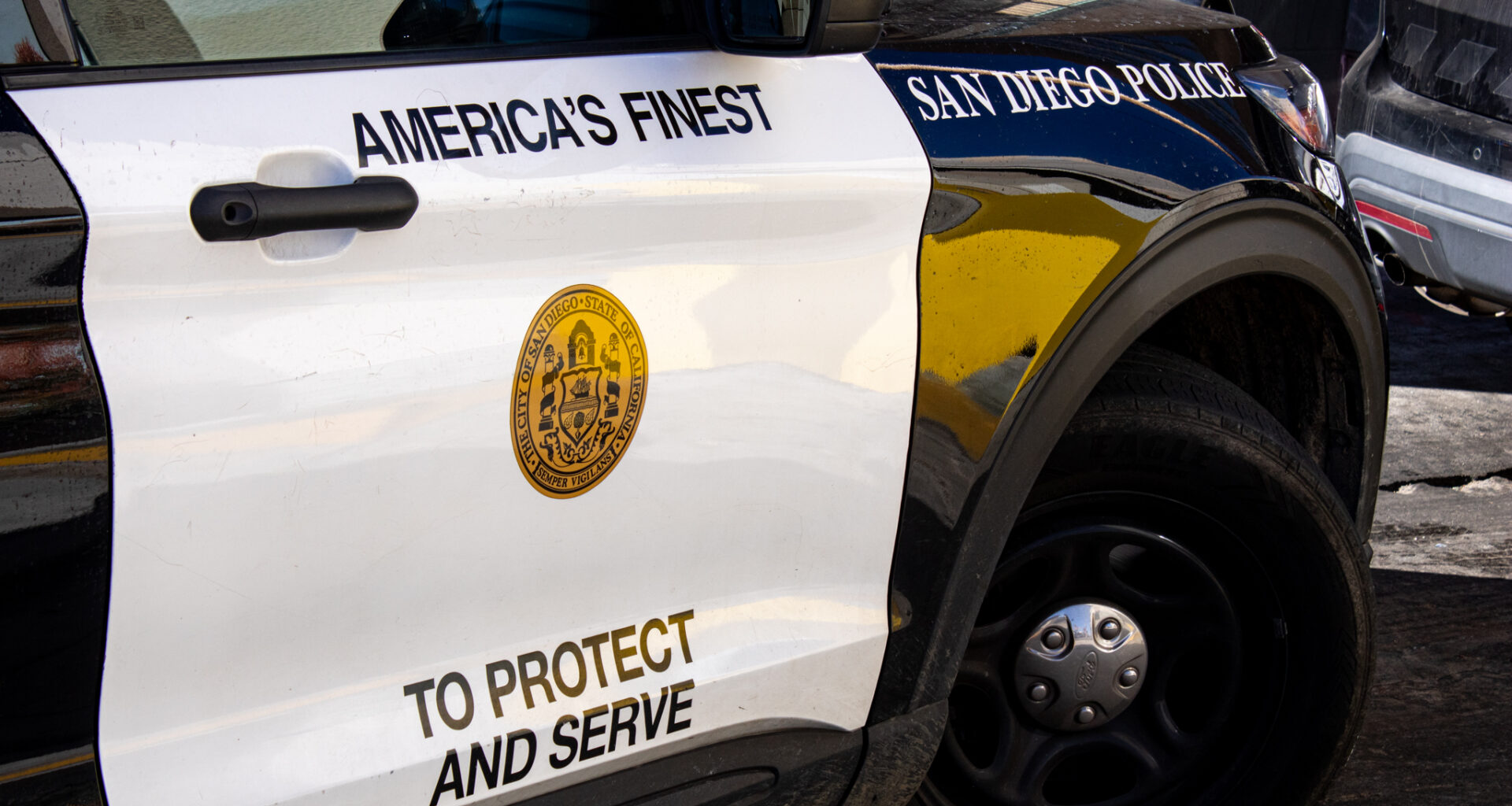San Diego police have teamed up with other law enforcement agencies by participating on 13 federal task forces so far this year.
The San Diego Police Department provided Voice of San Diego a list on Friday afternoon following our story that they refused to provide information. San Diego Councilmember Sean Elo-Rivera is proposing an ordinance on Monday that would bar officers from teaming up with federal agencies on certain task forces.
The list details 13 federal task forces SDPD was a part of including a fentanyl abatement strike team, narcotics task force, joint terrorism task force and more.
A spokesperson provided a response to the article we published Friday morning.
“As the article was originally portrayed, SDPD did not provide comment because we did not want to get ahead of the discussion on the proposed ordinance at City Council,” said spokesperson Ashley Nicholes.
“Task forces are used for a number of reasons that greatly benefit public safety on issues like human trafficking, narcotics, and people preying on children online just to name a few. Collaboration between law enforcement agencies help us coordinate resources that one agency alone wouldn’t have. We look forward to continued work on task forces that keeps San Diego one of the safest big cities in the nation.”
State law does not require law enforcement agencies to share their task force participation publicly. They are required to report that information to the Department of Justice.
While the police department is not required to make that information public, Nicholes wrote that they, “are committed to transparency and will look into how information related to our task forces could be posted for the public that would not interfere with their operations.”
Councilmember Elo-Rivera’s ordinance would require more transparency. The police department would be required to share an annual report of its participation in federal task forces to understand what types of investigations they participate in and the amount of police personnel hours and city funds allocated.
In an interview with Voice, SDPD Capt. Juan Sanchez explained the role of local law enforcement on federal task forces and why they are a tool for investigations.
“When we start seeing that there’s a need to have interagency cooperation, and we can share intelligence and resources to better attack the problem or the public safety issue, those are the reasons why recognize the need for a task force,” he said.
For example, the Regional Auto Theft Task Force, or RATT, is made up of San Diego police officers, San Diego County Sheriff’s deputies, California Highway Patrol investigators, and special agents from the FBI, among others.
Sanchez said the San Diego North County Elder Justice Task Force allows different agencies to work together to combat scams that target the elderly.
He said participating on the federal task force allows the department to work with federal partners in Florida to identify individuals responsible for those scams.
“The best thing for people to understand is having all three layers of local, state, and federal law enforcement officers in one room working on a specific problem or on a focus objective really maximizes the effectiveness of law enforcement,” said Capt. Sanchez.
Here’s the list provided by SDPD. It does not list what other agencies were a part of the team.
Fentanyl Abatement Strike Team (FAST)
Violent Crimes Task Force (Robbery) VCTF-R
Violent Crimes Task Force (Gangs) VCTF-G
Internet Crimes Against Children (ICAC)
San Diego North County Elder Justice Task Force
Joint Terrorism Task Force (JTTF)
Emergency Negotiation Team
Ghost Gun Apprehension Team
Southern California Cyber Fraud Task Force
Narcotics Task Force (NTF)
Human Trafficking Task Force (HTTF)
Regional Auto Theft Task Force (RATT)
Computer and Technology Crime High Tech Response Team (CATCH)

